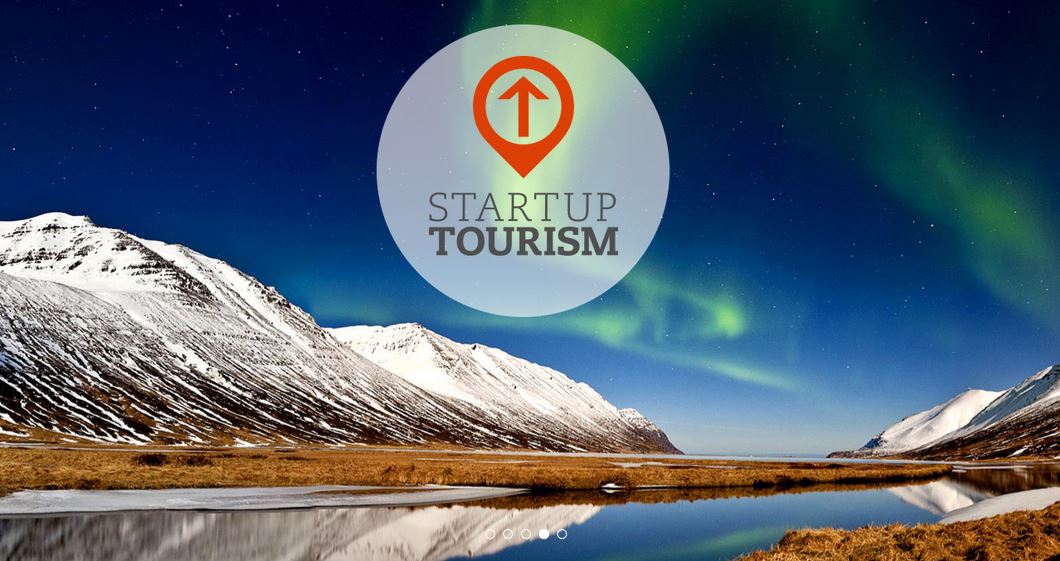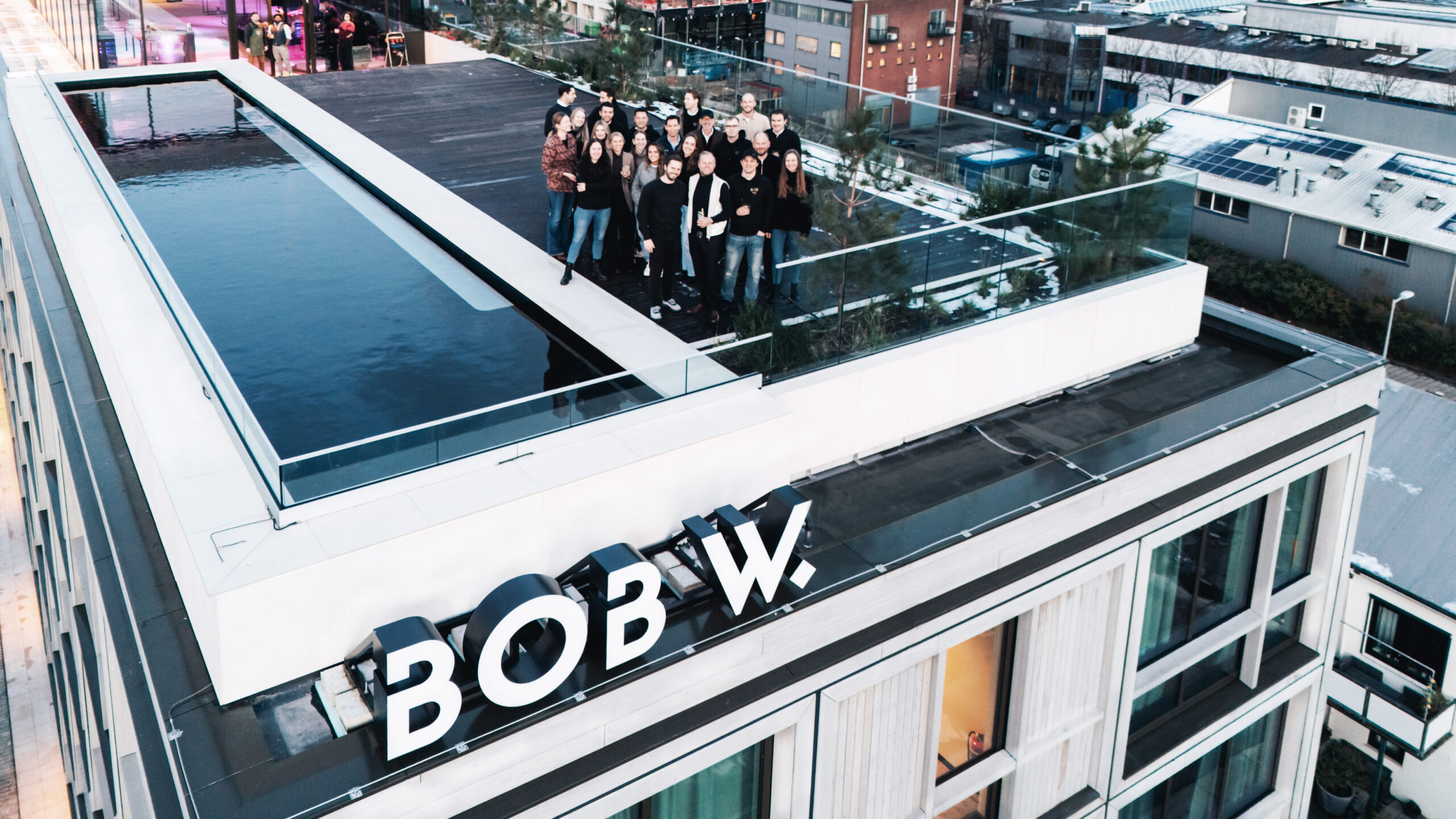Startup Tourism, a new 10-week accelerator program held in Iceland from February 1st, 2016, is now in full swing. As the number of tourists in Iceland increases exponentially, startups rush to fill the challenges that arise.
Oddur Sturluson, managing director of Startup Tourism, believes there has been a paradigm shift among tourism companies in Iceland, spurned by recent history.
“After the 2008 financial crisis, tourism really helped the economy rebound. While it had been a secluded island up until then, there is now a huge influx of foreign visitors. And I think innovation is the way forward.”
The tourist sector is now focused on looking for new and innovative ways to maximize profit and efficiency, while still being socially and environmentally responsible. And the tourism companies are drawing inspiration from Iceland’s most innovative hubs – gaming, VR, and marine-tech.
“There is always a discussion about how we can make sure that when tourists come here, they leave value behind, and how to distribute that value, in terms of preserving the natural habitat. The tourism sector and Iceland in general can look towards innovation in other sectors for inspiration.”
Marine-tech is a special role model for the tourism sector, as the Icelandic marine industry has responded to of Iceland’s historic dependency on fisheries by turning towards innovation to meet the needs of the modern world.
“In the past decades, they have managed to innovate and make a lot of new value chains, so we are not just exporting fish, we are making by-products – health, biotech, and so on. So it is a question of synergizing and finding other places to cooperate,” he explains.
The less glamorous side of tourism
One of the effects of tourism on Iceland’s economy has been the struggle to take responsibility for the less glamorous aspects of tourism. There is a tendency to speak about tourism in terms of traditional activities like whale-watching and hiking, while issues like infrastructure and amenities get pushed to the wayside.
For example, hikers will still need bathrooms and showers. Who will host and clean them? What is the incentive? Whose responsibility is it to provide these things? Landowners, municipalities, or tour firms? Oddur sees a big vacuum for new solutions in this area.
“One example could be creating a card that grants access to bathrooms and showers. You can put an incentive for landowners to make sure there are amenities, and automize some of the process to offer people these services at a fair price.”
“There’s a general agreement about what problems we have to face, but the discussion is stuck on ‘Whose problem is it?’ ”
Keeping a personal, Icelandic touch
Taking responsibility for solving the problems of tourism is only one of the challenges that Iceland face. Oddur points out that the tourism explosion has also bought a new type of tourist, who, thanks to the internet, are well-informed and have specific visions for their trips.
“It’s become harder to have the smaller, quaint, personal firms that we used to have. Our challenge is to maximize efficiency while not losing that personal Icelandic cultural touch,” says Oddur.
Startup Tourism is the first comprehensive attempt by players in the tourism and innovation sectors to deal with these new challenges. The program is supported by tourism bigwigs like Blue Lagoons and Iceland Tourism, as well as Icelandic Startups, Islandsbanki, Vodafone, and Isavia.
“We were definitely surprised by the sheer amount of support that we have gotten and the interest. A lot of that has to do with timing – the public discourse has made it clear that something needs to be done. It’s on everybody’s minds.”
Although Iceland’s population is only 330,000, the country expects 1.7 million tourists over the next year.
“It’s everybody’s business at this point. How do we handle the influx of people in a professional way? How do we make sure the locals are not adversely affected by this influx?”
Ten startups have been selected to develop their ideas in the first iteration of the accelerator program, with guidance and feedback from experienced mentors. Read more about the program here and follow Startup Tourism on Facebook and Twitter.
 Nordic Startup News Early Stage Startup News From The Nordics
Nordic Startup News Early Stage Startup News From The Nordics


